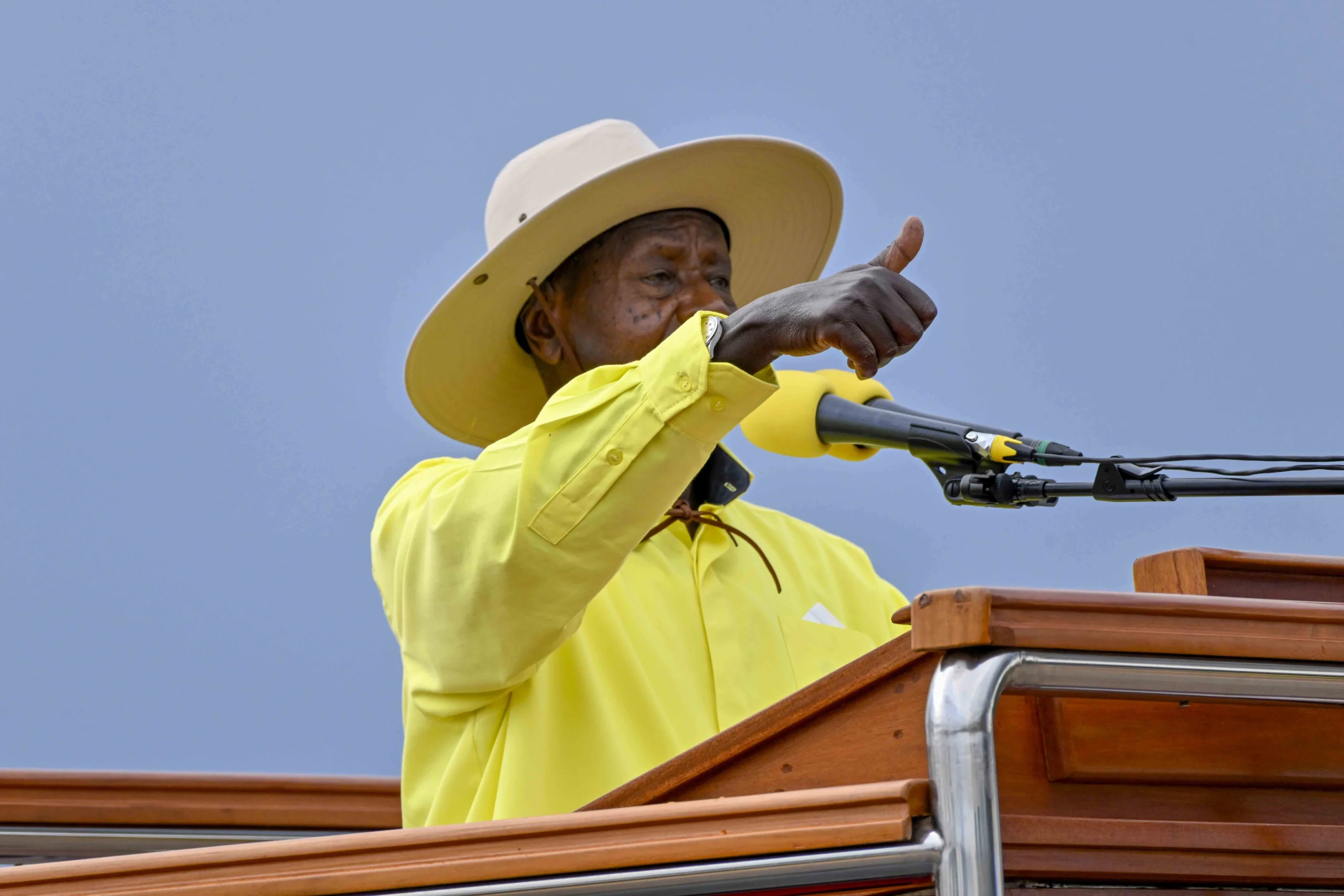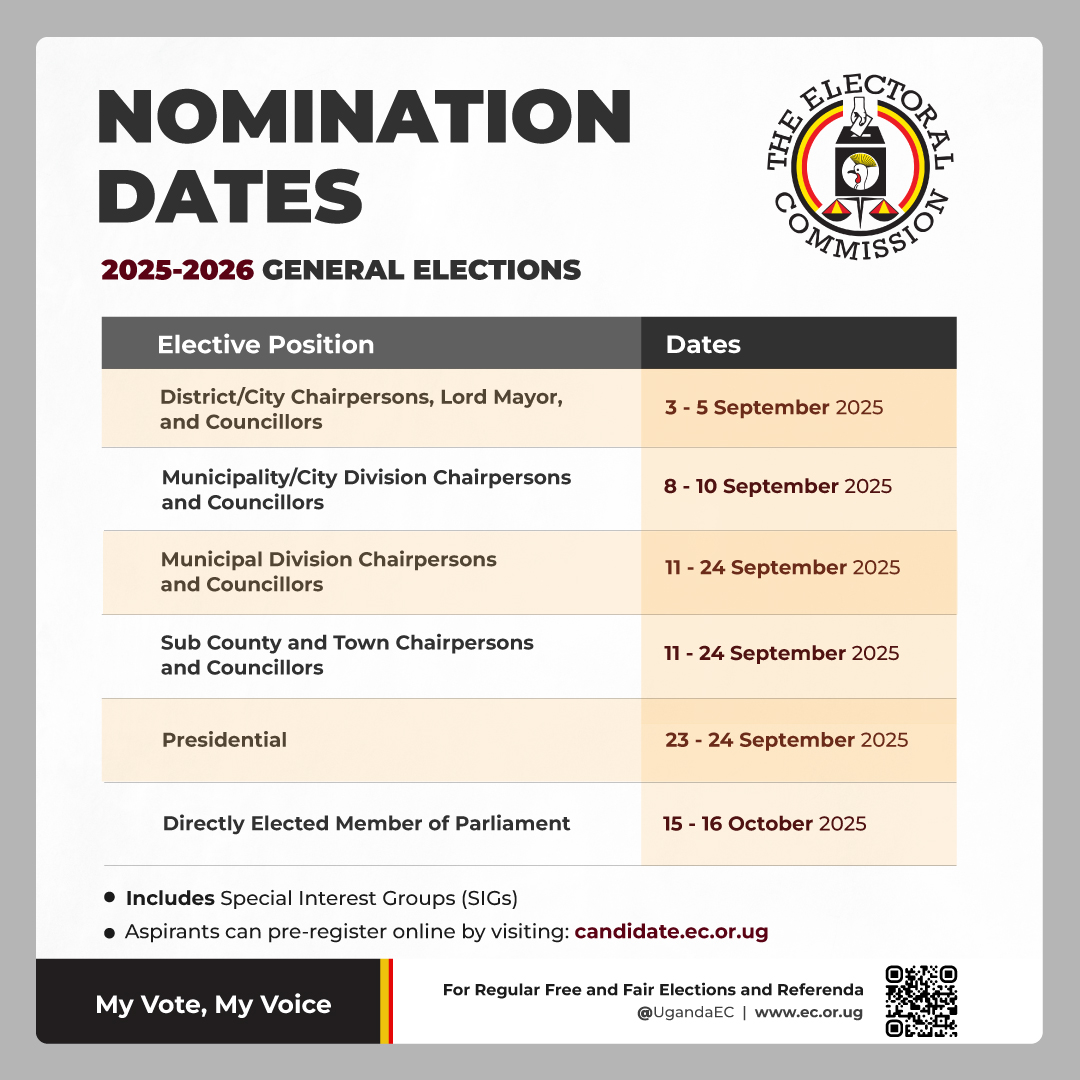By Rising Nation Editorial Desk
In a decisive move to close Uganda’s financial inclusion gap, a new microfinance innovation—the Affordable Empowerment Credit Program (AECP)—has been introduced to empower informal sector entrepreneurs with tailored, affordable financing. Rolled out by the Microfinance Support Centre (MSC), this pioneering product is redefining access to capital for Uganda’s vibrant yet underserved informal economy, especially market vendors and boda boda operators.
Designed with a deep understanding of the realities faced by low-income earners and informal workers, AECP is more than just a loan—it is a transformational financial tool. Its structure responds directly to the pressing challenges of this segment: lack of collateral, high interest rates, and rigid lending processes that have historically excluded small business owners operating at the base of Uganda’s economy.
AECP stands out for its simplicity, inclusivity, and sustainability. It offers credit at a significantly affordable interest rate of 8% per annum, with no collateral required—an unprecedented shift for borrowers who previously depended on exploitative informal lenders or inflexible financial institutions. The repayment schedules are designed around the cash flow patterns of small-scale entrepreneurs, making the loan manageable and reliable as a source of capital.
At its core, the program is built on two distinct yet complementary loan products that speak directly to the needs of the target audience. The “Katale Loan” is structured for market vendors, allowing them to access working capital to restock inventory, expand product lines, and stabilize earnings. It supports those at the heart of Uganda’s trading centers—who often drive household incomes and local food security—with dignified and reliable financing.
The “Boda Boda Loan” is tailored for commercial motorcycle riders, offering a pathway from dependence to ownership. The loan is bundled with insurance and GPS tracking, enhancing both security and compliance. With no down payment required, operators can gradually acquire motorcycles through predictable installments, ultimately improving their daily earnings and financial stability. This product also indirectly promotes road safety and asset protection—key considerations in this sector.
Uganda’s informal sector employs over 60% of the national workforce and contributes significantly to the country’s GDP. However, access to suitable financing has long remained a structural challenge. Traditional credit systems have failed to adapt to the working dynamics of small informal businesses. AECP addresses this by bridging the divide between formal finance and informal enterprise, acting as a tailored financial engine for growth.
The Microfinance Support Centre, the agency spearheading AECP’s implementation, brings to the table years of experience in grassroots financial services. Its expansive regional network ensures the program’s accessibility even in peri-urban and rural areas. With a portfolio that includes a range of microfinance products targeting SACCOs, cooperatives, women-led businesses, and youth enterprises, MSC’s stewardship of AECP reinforces its national role as a catalyst for inclusive economic development.
As Uganda advances towards achieving the objectives outlined in Vision 2040 and the Third National Development Plan (NDP III), boosting household incomes and unlocking the potential of micro and small enterprises is central to that journey. AECP aligns seamlessly with this ambition by enabling citizens to become economically self-reliant, formalize their businesses, and contribute meaningfully to national productivity.
Early implementation in communities such as Kalerwe Market and among urban boda boda associations is already delivering tangible results. Beneficiaries report increased income, improved household welfare, and enhanced business stability. These grassroots successes are proof of AECP’s potential as a replicable model for financial empowerment across the country.
In many ways, AECP is a breakthrough product—not just in terms of its affordability, but also in its strategic intent: to bring the informal sector into Uganda’s growth equation. By focusing on real needs, eliminating historical barriers, and investing in people’s potential, AECP is setting a new benchmark for developmental finance in Uganda.
As this initiative scales nationwide, it promises to unlock thousands of microenterprises, elevate community livelihoods, and cement Uganda’s standing as a Rising Nation—one where inclusive financing drives shared prosperity.




